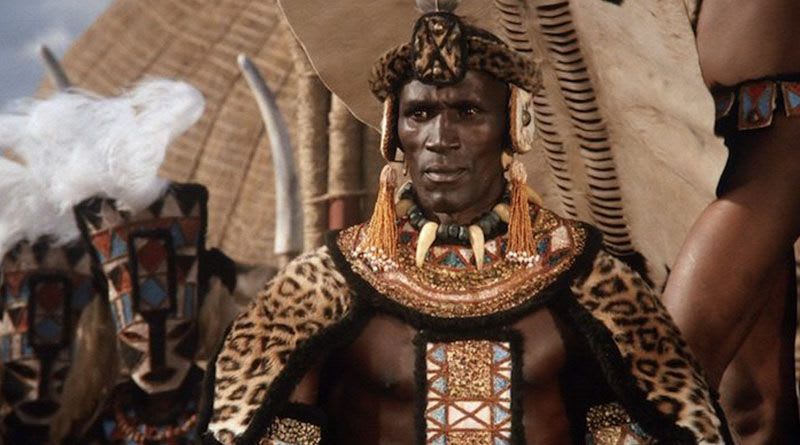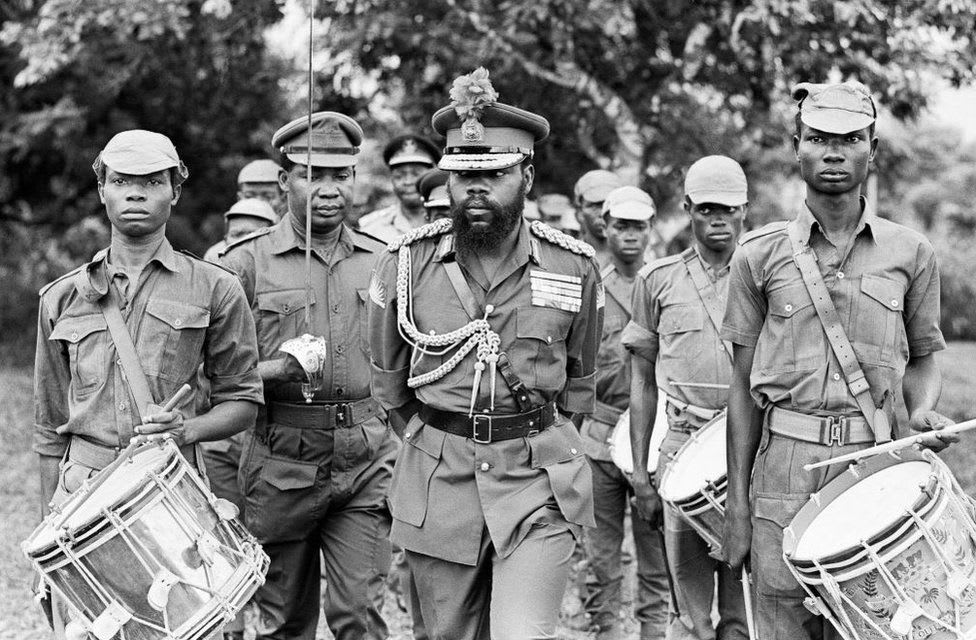For obvious reasons, the invasion of Europe by African kings and military generals has been erased from history. It was a European imperialist endeavour to portray Africa as a helpless and weak continent. However, it's difficult to overlook King Hannibal, a Carthagian military commander who invaded Italy in 218 B.C. Hannibal was born in Carthage, present day Tunisia, and is widely recognized as the greatest military commander in history. His statues can be found in Rome and other places throughout Italy.
Hannibal’s Early Life and Attack on Saguntum
Hannibal was born in North Africa in 247 B.C. and began his military career in the Carthaginian army as a young officer. At the age of 26, he was chosen by the troops to lead Carthage's dominion in Spain. From his coastal base in Cartagena, Hannibal quickly established dominance over the province.
Hannibal led a Carthaginian invasion of Saguntum, an independent city on the eastern Spanish coast, in 219 B.C. Carthaginian armies besieged Saguntum for eight months, and Italy, which was allied to Rome, saw the attack as an act of war. Authorities in Rome sought Hannibal's surrender, but he refused and instead planned an invasion of Italy that would kick off the Second Punic War.
Hannibal’s invasion of Italy
Following the raid on Saguntum, Hannibal marched his vast army into central Italy in 218 B.C., crossing the Pyrenees and Alps. The army was massive, with 90,000 soldiers, 12,000 cavalry, and over 40 elephants among its ranks. The march is known as one of history's most renowned campaigns. The Second Punic War, and Carthage's most famous general's 15-year conquest of Italy, began with this march.
Rome dispatched multiple troops against Hannibal, but all of their efforts were in vain. Hannibal demonstrated his skills in both triumphs at Trebia and Lake Trasimene, deploying envelopment tactics that completely annihilated the legions. He was able to dodge Roman "hit and run" techniques by using ambush tactics.
Hannibal won a series of battles, the most noteworthy of which was at Cannae which was the Roman Empire's worst defeat in history. The Romans were outflanked and outgunned.
From Victor to Defeat
The Roman’s defeat at Cannae shook Italy, but under the leadership of Scipio's son-in-law, Publius Cornelius Scipio, the Romans recovered. The Romans rallied and launched an offensive attack against the Carthaginians, driving them out of Spain.
In 203 B.C., the Romans invaded North Africa, forcing Hannibal to withdraw his forces from southern Italy to protect his homeland. On the battlefield of Zama, 120 kilometers from Carthage, Hannibal faced Scipio's soldiers.
Scipio had grasped Hannibal's fighting tactics and used them against his army in the battle at Zama. The Carthaginians were engulfed and suffocated by the Romans, who killed 20,000 warriors while losing only 1,500 of their own. The defeat at Zama brought an end to Carthaginian domination over the western Mediterranean, which had lasted over 500 years.
Hannibal’s Post-War Life
After Hannibal's loss, the Second Punic War came to an end with a peace treaty. The arrangement permitted Carthage to preserve only its North African region while permanently losing its overseas empire. It was also obliged to relinquish its fleet and pay a huge silver indemnity, as well as swear to never re-arm or wage war without Rome's authorization again.
Hannibal kept his military title after the terrible defeat at Zama and vowed to defeat Rome again. He was appointed a public magistrate in the Carthaginian government and later fled to the Syrian court at Ephesus after the Carthaginian nobility accused him of botching the war.
Later, Hannibal served King Prusias of Bithynia and fought King Eumenes II of Pergamum, a Roman ally. Hannibal was defeated once more, and the Romans demanded his surrender. When he realized he couldn't get away, he poisoned himself in the Bithynian town of Libyssa around 183 B.C.









